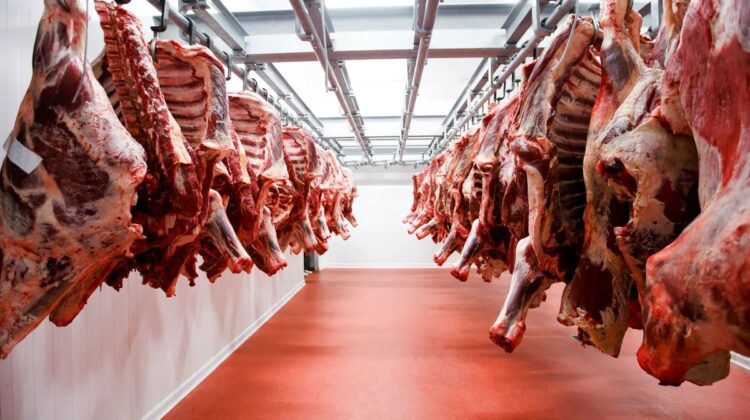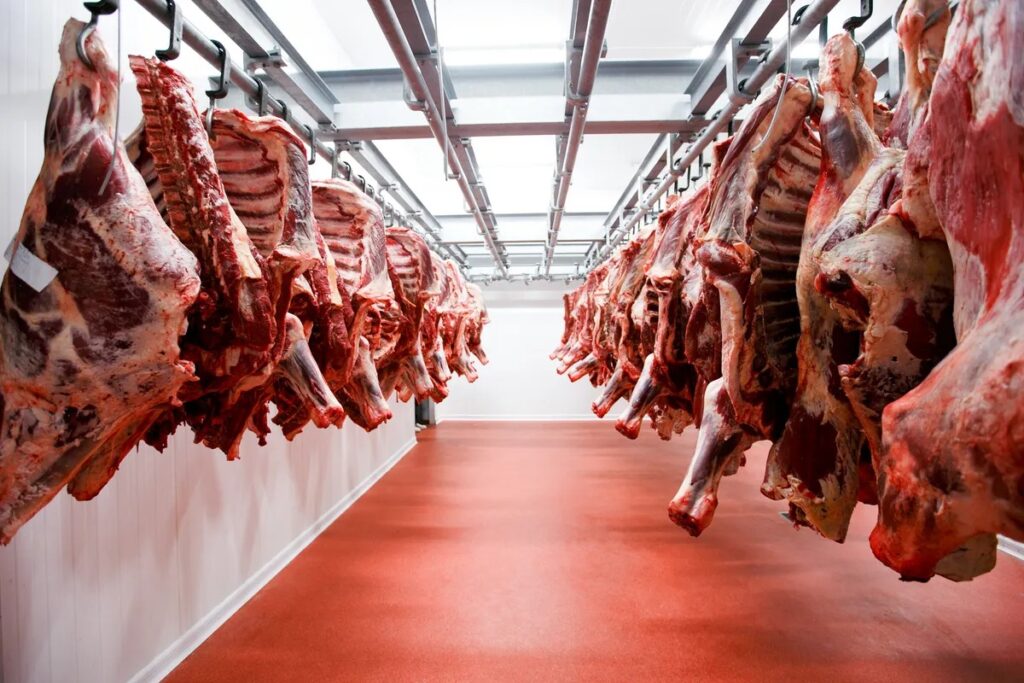
Would You Support a Meat Tax? Here’s Why It Might Be Inevitable
The debate over a potential meat tax is heating up, sparking discussions on climate change, public health, and economic impacts. While meat lovers might balk at the idea, experts argue that taxing high-emission foods could be a game-changer for both the environment and public health. But what would such a tax mean for consumers, businesses, and the global food industry?
The Environmental Cost of Meat Consumption
Animal agriculture is a major contributor to climate change, with livestock farming responsible for 11–17% of global greenhouse gas emissions. The production of red meat, in particular, has a high carbon footprint, requiring vast amounts of water and land while emitting significant amounts of methane—a potent greenhouse gas.
Implementing a carbon tax on meat could potentially cut up to 1.1 billion tons of carbon emissions per year, helping nations meet climate targets. By making meat more expensive, a tax could encourage consumers to shift toward more sustainable food choices, such as plant-based diets.

Public Health Benefits of Reducing Meat Consumption
While meat—especially red meat—has long been a staple in many diets, excessive consumption has been linked to an increased risk of heart disease, cancer, and obesity. A 2018 study found that a global meat tax could prevent over 220,000 deaths annually and save $40 billion in healthcare costs.
Countries like Denmark, Germany, and Sweden have already considered introducing a meat tax as a public health measure, much like taxes on tobacco, alcohol, and sugary drinks. In the U.S., Berkeley’s soda tax led to a 9.6% decrease in sugary drink sales, proving that taxation can drive meaningful behavioral change.
The Economic and Social Implications of a Meat Tax
While the environmental and health benefits of a meat tax are clear, opponents argue that such a policy could burden low-income families and negatively impact the livestock industry. Critics claim it infringes on consumer freedom, while others worry about job losses in meat production and agriculture.
However, research suggests that a well-designed tax policy could mitigate these issues by offering subsidies for plant-based alternatives and ensuring that the tax does not disproportionately affect economically disadvantaged communities.

Would a Meat Tax Actually Work?
Surveys indicate that while climate concerns alone may not persuade the public, arguments centered on animal welfare and health benefits could increase support for a meat tax. Some experts believe that once people become more aware of meat’s environmental impact, resistance to such a tax may diminish over time.
Laura Wellesley, a senior research fellow at Chatham House, notes that public opposition to such policies is often short-lived when governments clearly communicate the scientific and ethical justifications.
“We are not advocating for global vegetarianism. However, we can see massive changes in emissions just by reducing excessive meat consumption,” Wellesley stated.
The Future of Meat Taxation
As the world grapples with climate change, food security, and rising healthcare costs, a meat tax may become a necessary policy tool. While it remains controversial, the idea is gaining traction among policymakers, scientists, and environmentalists.
Would you support a tax on meat to protect the environment and improve public health? Let us know your thoughts in the comments!

Leave a Reply